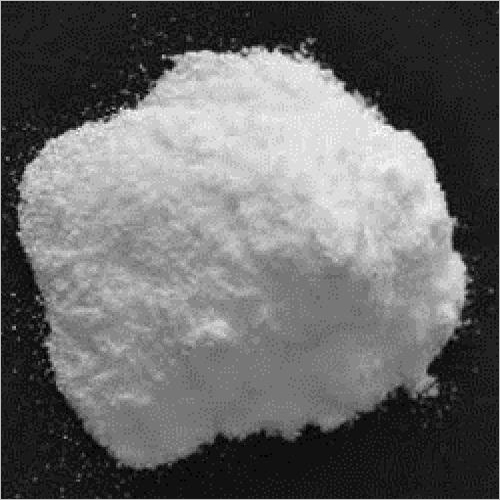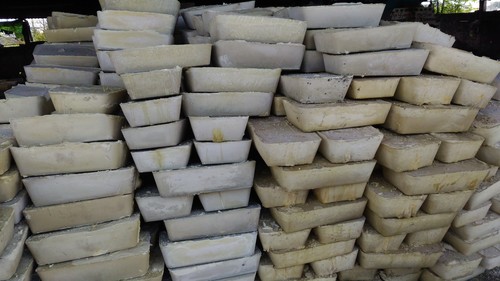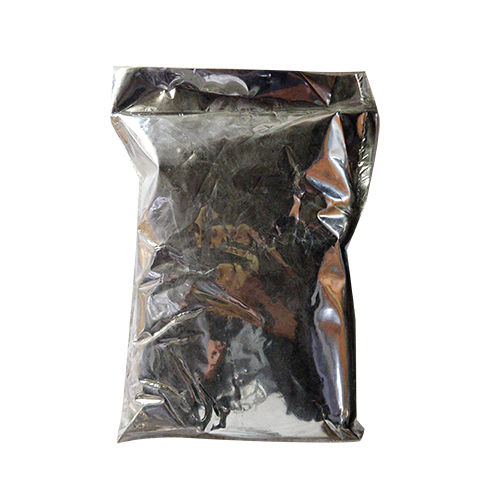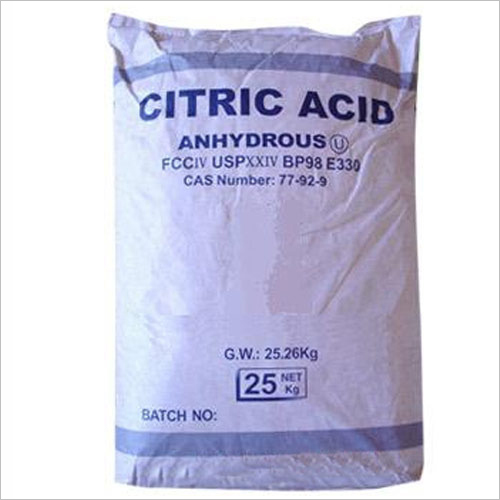Flocculant Poly
Price 150 INR/ Kilograms
MOQ : 25 Kilograms
Flocculant Poly Specification
- Physical Form
- Powder
- Grade
- Industrial Grade
- Purity(%)
- 99%
- Type
- Flocculant
- Application
- Recycling Water Treatment
Flocculant Poly Trade Information
- Minimum Order Quantity
- 25 Kilograms
- FOB Port
- GUJARAT
- Supply Ability
- 2000 Kilograms Per Day
- Delivery Time
- 2 Days
- Sample Available
- Yes
- Sample Policy
- Contact us for information regarding our sample policy
- Packaging Details
- 25 kg bag
- Main Export Market(s)
- Asia, Australia, Central America, North America, South America, Eastern Europe, Western Europe, Middle East, Africa
- Main Domestic Market
- All India, Madhya Pradesh, Assam, Tripura, Lakshadweep, Central India, Andhra Pradesh, Manipur, Bihar, Odisha, Himachal Pradesh, Gujarat, Delhi, Pondicherry, Punjab, Tamil Nadu, , Andaman and Nicobar Islands, Haryana, West India, Daman and Diu, Chandigarh, West Bengal, North India, Rajasthan, Arunachal Pradesh, Chhattisgarh, East India, Dadra and Nagar Haveli, Kerala, Maharashtra, Uttar Pradesh, Sikkim, Telangana, Goa, Karnataka, Nagaland, Meghalaya, Uttarakhand, Jharkhand, South India, Mizoram, Jammu and Kashmir
- Certifications
- msme and iso certified
About Flocculant Poly
A flocculant is a substance that helps to aggregate or clump together suspended particles in a liquid. This process is called flocculation, and it is commonly used in wastewater treatment, mining, and other industrial processes to separate solids from liquids. Flocculants work by creating bridges between particles, which cause them to stick together and form larger clumps that can be more easily removed from the liquid. There are several types of flocculants, including organic polymers, inorganic salts, and natural substances like chitosan.
In wastewater treatment, flocculants are added to the water to help separate suspended solids from the liquid. The solids can then be removed and disposed of, while the treated water can be reused or released back into the environment. Overall, the use of flocculants is an important tool in many industries to help manage wastewater and other liquid waste products.
Flocculant Poly Properties:
It has several important properties that make them effective in various industrial and environmental applications. Some of these properties include:
1. Charge: It can be positively charged (cationic), negatively charged (anionic), or neutral. The charge of the flocculant is important because it determines how it will interact with the suspended particles in the liquid.
2. Molecular weight: Flocculants can have different molecular weights, which affect their ability to form bridges between particles. High molecular weight flocculants are generally more effective at aggregating particles and creating larger clumps.
3. Dosage: The amount of flocculant added to the liquid is an important factor in the flocculation process. The optimal dosage will depend on the specific application and the characteristics of the suspended particles.
4. pH stability: Flocculants can be affected by changes in pH, so it is important to choose a flocculant that is stable over a range of pH values.
5. Solubility: Flocculants must be soluble in the liquid to be treated, so it is important to choose a flocculant that is compatible with the specific liquid.
Overall, the properties of a flocculant will depend on the specific application and the characteristics of the suspended particles. By carefully selecting the right flocculant and optimizing its use, it is possible to achieve effective flocculation and separation of solids from liquids.
Flocculant Poly Applications:
Flocculants are widely used in various industrial and environmental applications for their ability to separate suspended solids from liquids. Here are some common applications of flocculants:
1. Wastewater treatment: It is commonly used in wastewater treatment plants to help remove suspended solids, organic matter, and other contaminants from the water. This can help to reduce the load on downstream treatment processes and improve the quality of the treated water.
2. Mining: It is used in mining operations to help separate solid particles from liquids, such as in the processing of ores and minerals. This can help to improve the efficiency of the mining process and reduce the amount of waste generated.
3. Papermaking: It is used in the papermaking process to help separate fibers from water and to improve the retention of fillers and pigments. This can help to improve the quality of the paper and reduce the amount of wastewater generated.
4. Oil and gas: It is used in the oil and gas industry to separate solid particles from drilling fluids and to improve the efficiency of wastewater treatment processes.
5. Food and beverage: It is used in the food and beverage industry to clarify liquids, such as juices and beer, and to separate solid particles from liquid waste streams.
Overall, flocculants have a wide range of applications in various industries and environmental settings, where they help to improve the efficiency of processes and reduce the amount of waste generated.
FAQs of Flocculant Poly:
1. What are some common types of flocculants?
Answer: Some common types of flocculants include organic polymers, inorganic salts, and natural substances like chitosan.
2. How do flocculant work?
Answer: It work by creating bridges between particles, which cause them to stick together and form larger clumps that can be more easily removed from the liquid.
3. What factors affect the effectiveness of flocculants?
Answer: The effectiveness of flocculants can be affected by factors such as dosage, pH stability, molecular weight, and charge.
4. Is flocculant safe to use?
Answer: It can be safe to use when used according to instructions and in the recommended amounts. However, some types of flocculants may be harmful to aquatic life or the environment if they are not properly disposed of.
5. How do I choose the right flocculant for my application?
Answer: The choice of flocculant will depend on the specific application and the characteristics of the suspended particles. It is important to consider factors such as charge, molecular weight, and solubility when selecting a flocculant.
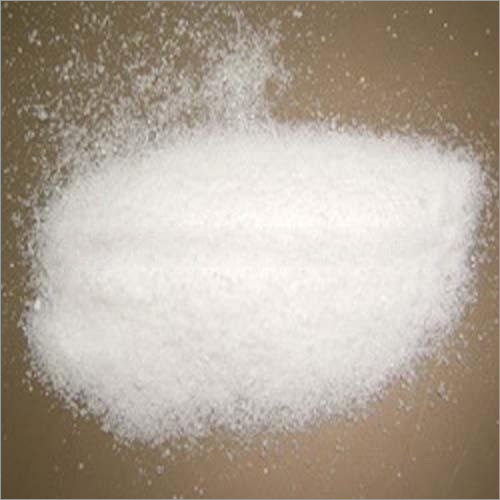
Tell us about your requirement

Price:
Quantity
Select Unit
- 50
- 100
- 200
- 250
- 500
- 1000+
Additional detail
Mobile number
Email
More Products in Water Treatment Chemical Category
ETDA Tetra Sodium
Price 130.0 INR / Kilograms
Minimum Order Quantity : 500 Kilograms
Physical Form : Powder
Grade : Industrial Grade
Purity(%) : 99%
Chemical Name : Other
Solid Ferric Alum
Price 11.0 INR / Kilograms
Minimum Order Quantity : 100 Kilograms
Physical Form : Solid
Grade : Industrial Grade
Purity(%) : 99%
Chemical Name : Polyaluminium Chloride
Bio Culture
Price 350 INR / Kilograms
Minimum Order Quantity : 100 Kilograms
Physical Form : Liquid
Grade : Agriculture Grade
Purity(%) : 100
Chemical Name : Other
Anhydrous Citric Acid
Price 90.0 INR / Kilograms
Minimum Order Quantity : 500 Kilograms
Physical Form : Powder
Grade : Food Grade
Purity(%) : 99%
Chemical Name : Other


 Send Inquiry
Send Inquiry
